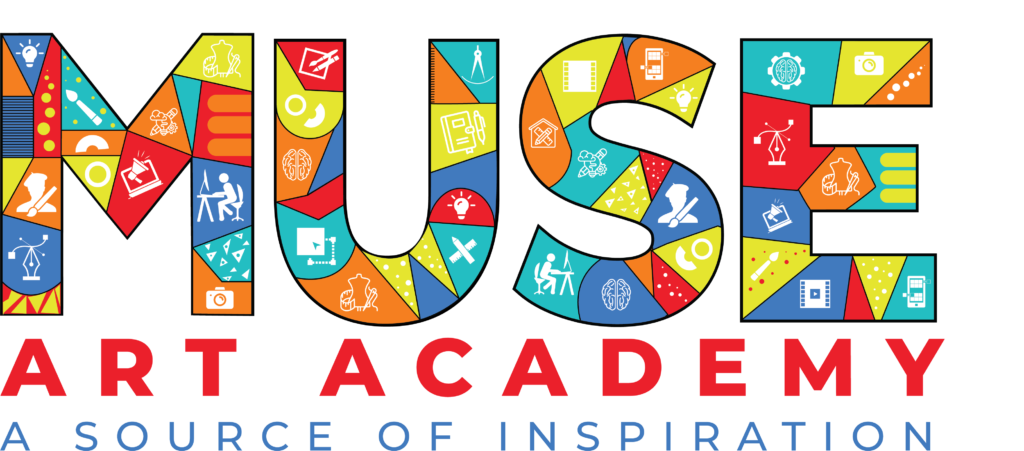Photography & Videography Course
Explore all of our courses and pick your suitable ones to enroll and start learning with us!
Photography & Videography Course Overview
If you’re interested in learning photography, there are various courses and resources available that can help you build your skills. A comprehensive photography and videography course should cover a wide range of topics to provide students with a solid foundation and advanced skills in both fields.
Course Curriculum
Keep in mind that the actual content and depth of each topic may vary depending on the course and instructor. It’s also beneficial to seek courses that provide practical projects and assignments, as they allow you to apply what you’ve learned in real-world scenarios.
Get In Touch
Course Curriculum
Module 1: Introduction to Photography and Videography
- Understanding the history and evolution of photography and videography
- Differentiating between photography and videography
- Exploring the various genres and styles in both fields
Module 2: Basics of Camera Technology
- Introduction to different types of cameras: DSLRs, mirrorless, cinema cameras, smartphones, etc.
- Understanding camera components: lenses, sensors, viewfinders, etc.
- Explaining camera settings: aperture, shutter speed, ISO, white balance, focus, etc.
Module 3: Composition and Framing
- Rule of thirds and other composition techniques
- Framing and perspective in photography and videography
- Leading lines, symmetry, and balance in visual storytelling.
Module 4: Lighting Principles
- Natural lighting vs. artificial lighting
- Understanding different qualities of light: soft, hard, diffused, direct, etc.
- Techniques for using light to create mood and depth.
Module 5: Exposure and Manual Mode
- Mastering exposure: achieving proper brightness and contrast
- Working in manual mode for full creative control
- Histogram interpretation and exposure compensation.
Module 6: Color Theory
- Understanding color temperature and color grading
- Using color to evoke emotions and convey meaning
- Exploring color harmony in photography and videography.
Module 7: Post-Processing and Editing
- Introduction to photo and video editing software.
- Basic retouching, color correction, and enhancement techniques
- Workflow management and organization of media files.
Module 8: Visual Storytelling
- Developing a narrative in photography and videography
- Creating a storyboard for video projects
- Using sequencing and pacing to enhance storytelling.
Module 9: Portraiture and People Photography/Videography
- Posing and directing subjects
- Understanding facial expressions and body language
- Portrait lighting setups and techniques.
Module 10: Landscape and Nature Photography/Videography
- Capturing the beauty of natural landscapes
- Working with different lighting conditions in outdoor environments
- Techniques for creating dynamic nature videos.
Module 11: Event and Documentary Coverage
- Strategies for capturing events and documenting real-life situations
- Importance of candid shots and capturing genuine moments.
- Ethics and legal considerations in event documentation.
Module 12: Advanced Techniques
- Long exposure photography and time-lapse videography
- HDR (High Dynamic Range) photography and multiple exposure blending
- Slow-motion and fast-motion videography.
Module 13: Audio Essentials for Videography
- Importance of good audio in video production
- Types of microphones and their applications
- Syncing audio and video in post-production.
Module 14: Gear and Equipment
- Understanding different accessories: tripods, stabilizers, filters, etc.
- Building a photography and videography kit on a budget
- Maintenance and care of equipment.
Module 15: Business & Marketing for Photographer/Videographer
- Building a portfolio and personal brand
- Pricing strategies and client negotiations
- Marketing techniques and online presence.
Module 16: Legal and Ethical Considerations
- Copyright and usage rights for photos and videos
- Model releases and permissions for shooting in public/private spaces
- Ethical responsibilities in image manipulation and representation.
Module 17: Specialization and Career Paths
- Exploring specialized fields: fashion, sports, wildlife, commercial, etc.
- Different career opportunities: freelancer, studio owner, content creator, etc.
- Developing a focused portfolio for your chosen path.
Module 18: Final Projects and Critique
- Students showcase their best work from the course
- Constructive critique and feedback sessions
- Reflection on personal growth and future learning goals.
Software Covered
Career Opportunities
Remember, many photographers combine multiple specialties or transition between different roles throughout their careers. The path you choose depends on your interests, skills, and the market demand in your area. Additionally, entrepreneurship and networking are often crucial for success in the photography industry. Photography offers a diverse range of career opportunities, catering to various interests and specialties within the field. Here are some potential career paths for photographers:
- Portrait Photographer
- Commercial Photographer
- Fashion Photographer
- Photo Journalist
- Wedding Photographer
- Event Photographer
- Travel Photographer
- Nature and Wildlife Photographer
- Food Photographer
- Architectural and Interior Photographer
- Documentary Photographer
- Stock Photographer
- Photo Editor or Retoucher
- Scientific and Medical Photographer



